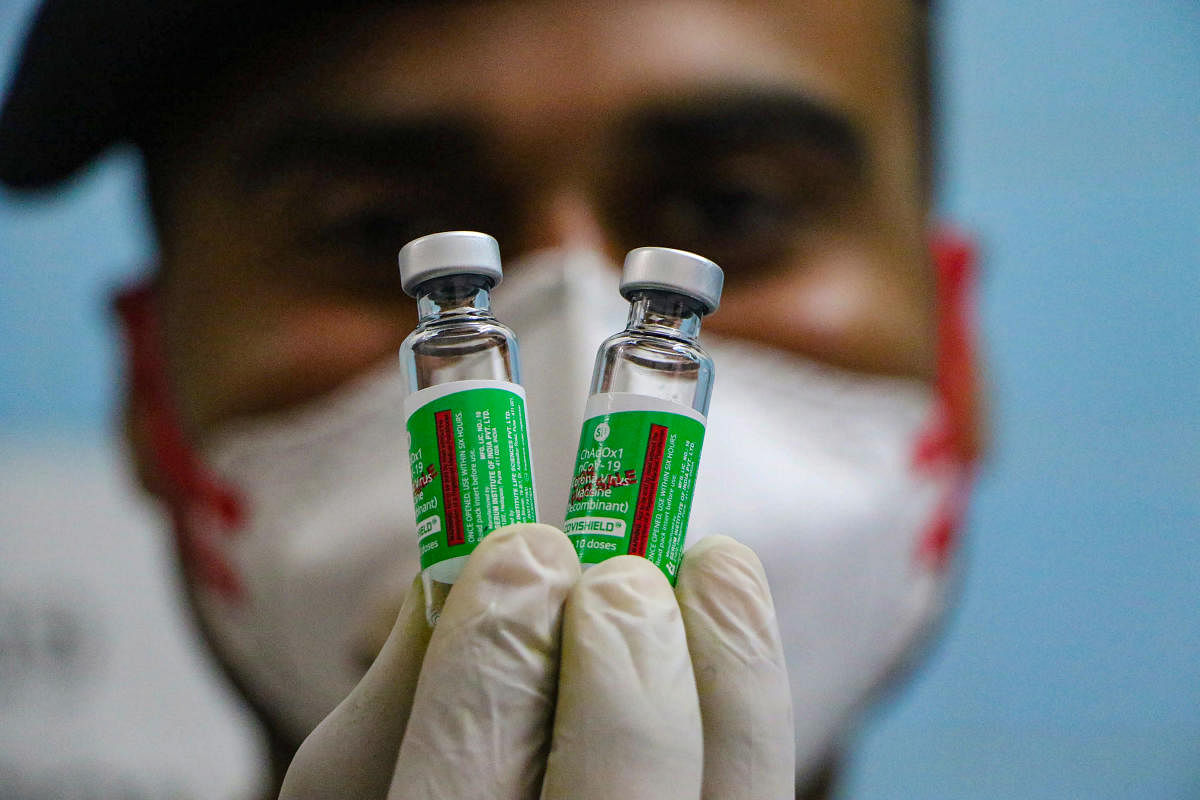
India’s shipments of Covid-19 vaccine consignments to other countries has provided a shot in the arm to its image as both a capable country in regard to pharmaceutical production as well as a generous power, not just in its own neighbourhood but across the world. Unlike many rich countries that are hoarding vaccines in excess of their requirements, India is dispatching large consignments to other developing countries that are in need of them. In keeping with New Delhi’s ‘Neighbourhood First’ policy, it is India’s immediate neighbours that have been the first beneficiaries; Maldives, Bhutan, Nepal, Bangladesh have already started receiving the vaccine consignments, and supplies to Sri Lanka and Afghanistan are expected to follow soon. The vaccine diplomacy should go some way in changing our neighbours’ perception of India as a strutting, ungenerous ‘Big Brother’ in the region. India is providing them free vaccine supplies at a time it is itself faced with enormous pandemic challenges at home – the world’s third highest Covid-19 death toll and an economy in the doldrums.
Geopolitics is admittedly a driver of the Narendra Modi government’s vaccine largesse. India’s strategic partners in the Indian Ocean, Mauritius and Seychelles, are among the early beneficiaries of vaccine grants while Brazil and Saudi Arabia stand first among the recipients of commercial shipments. Both India and China provided dozens of countries, developing and rich, with consignments of personal protective equipment, respirators and medicines to fight the pandemic over the past year. The vaccine diplomacy is the next stage of that soft power effort. For now, at least, we may take satisfaction that India has gained an edge over China in this. Beijing has not dispatched vaccines to South Asian countries yet. Even Pakistan, China’s ‘iron brother,’ will receive Chinese vaccines only by January 31. China’s tightfistedness – Beijing expected countries like Bangladesh and Nepal to fund vaccine trials – seems to have prompted them to look to India.
Since Independence, India has always been at the forefront of extending development assistance and capacity building in developing countries in various fields. Since the 1990s, it has been a major force in supplying medicines and medical assistance, such as in the case of AIDS, and the world recognises India as a force for good. India should, however, avoid chest-thumping over the vaccine generosity, a tendency that it has shown over the last few years, as it did over earthquake assistance to Nepal. Let the good work speak for itself. Nor should India have exaggerated expectations of returns from vaccine diplomacy. This alone will not be enough to counter China’s clout in the region. For that, India will have to develop a multi-pronged strategy.